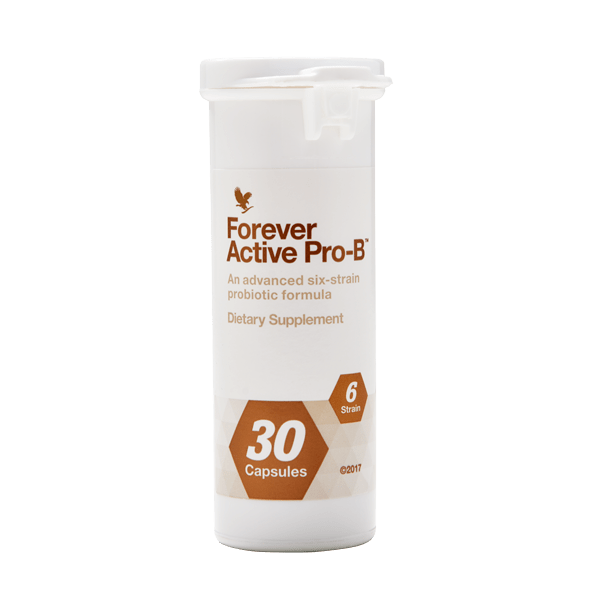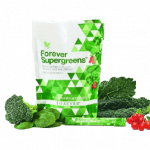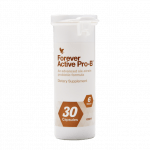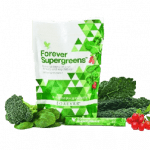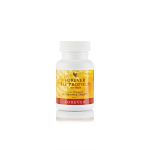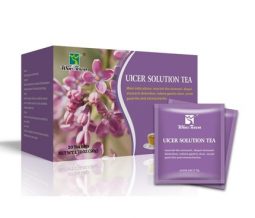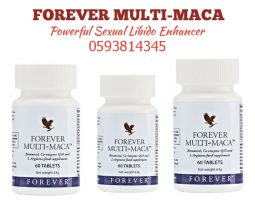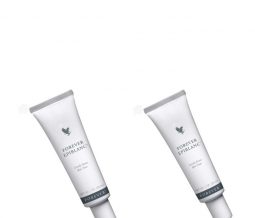DESCRIPTION
STOMACH ULCER TREATMENT
Effectiveness of Aloe Vera Gel in Chronic Ulcers in Comparison with Conventional Treatments
Abstract
Background: Aloe Vera is one of the endemic plants in southern Iran, which has been mentioned in the textbooks of Persian medicine since 2500 years ago. The aim of this study was to compare the effectiveness and cost of Aloe Vera gel with conventional treatments in patients with chronic ulcers.
Methods: This comparative study was conducted on 60 patients with chronic ulcers (more than 3 weeks) in Al-Zahra hospital (Isfahan, Iran) in 2015. The participants were divided into two groups of 30 patients per group. In one group, we used conventional treatment plus Aloe Vera gel and in the other group, only the conventional treatment was used. In the Aloe Vera group, we used Aloe Vera gel twice a day. The patients were followed-up a week after the treatment and then monthly for 3 months.
Using aloe vera for ulcer relief is not recommended, for either peptic ulcers or mouth ulcers. There is little evidence that the method works, and there are plenty of effective treatments for both types of ulcer.
What Are Peptic Ulcers?
Peptic ulcers are open sores in your digestive system. Gastric ulcers form in the lining of your stomach, and duodenal ulcers occur in your duodenum (the first part of your small intestine). Symptoms of gastric ulcers include burning stomach pain, nausea, heartburn, intolerance to fatty food and feeling uncomfortably full or bloated.
There are two common potential causes for peptic ulcers. One is the over-use of nonsteroidal anti-inflammatory drugs (NSAIDS) like ibuprofen and aspirin. The second is an infection caused by H. pylori bacteria.
According to the Mayo Clinic, H. pylori bacteria are commonly found in a mucus layer in the stomach and small intestines and often do not cause symptoms. However, in some cases, the bacteria can damage the mucus, allowing stomach acid to irritate the lining of the stomach or duodenum. This irritation can lead to ulcers.
NSAIDs typically prevent inflammation, pain and fever. According to the National Institute of Diabetes and Digestive and Kidney Diseases, NSAIDs work by blocking certain enzymes associated with inflammation, pain and fever. However, the blocked enzyme is also involved in protecting the lining of your stomach from stomach acid. Thus, blocking that enzyme through NSAID use makes it more likely that you will develop a peptic ulcer.
Read more: Foods That Alleviate Pain of an Ulcer
What Are Mouth Ulcers?
Mouth ulcers, also known as canker sores, occur on the inside of your cheeks and lips. Harvard Health says that there’s no single clear cause for canker sores. They can occur if you accidentally bite the inside of your mouth or if braces or dentures irritate your mouth lining. Other possible causes include stress, gluten intolerance and a vitamin B12 deficiency.
Canker sores typically heal on their own within 10 to 14 days, and there are some over-the-counter treatments that may speed up the healing process. Mount Sinai Health recommends rinsing your mouth with salt water, or using a cotton swab to dab a mixture of half hydrogen peroxide and half water onto the sore.
Seek medical assistance if you have a mouth ulcer that lasts longer than two weeks or seems to be worsening over time. Mount Sinai also recommends speaking with your doctor if you have canker sores more than two to three times per year, or if you have other symptoms like diarrhea, fever, skin rash or headache along with a mouth ulcer.
Peptic Ulcer Treatment
The best treatment for a peptic ulcer depends on what is causing the ulcer. If your ulcer was caused by overusing NSAIDs, your doctor will likely recommend that you cut down or stop using NSAIDs entirely — even if NSAIDs would be your preferred painkiller for quick ulcer pain relief. Medications that may help treat peptic ulcers include:
Medications that block or reduce the amount of stomach acid your body produces, which gives ulcers the chance to heal. Proton pump inhibitors (PPIs) like omeprazole (Prilosec), esomeprazole (Nexium) and lansoprazole (Prevacid) inhibit stomach acid secretion.
Acid blockers, also called H2 blockers, prevent an inflammatory agent called histamine from stimulating stomach acid production. Common H2 blockers include ranitidine (Zantac), famotidine (Pepcid), nizatidine (Axid) and cimetidine (Tagamet).
Antacids can offer fast-acting relief by reducing excess stomach acid and can be a good choice for quick ulcer pain relief. Antacids like Tums and Pepto-Bismol are widely available over-the-counter.
Antibiotics can help treat an H. pylori infection. Common options include amoxicillin, clarithromycin and tetracycline. Your doctor will decide which antibiotics are the best choice for you. If you are prescribed antibiotics, it’s crucial that you finish the entire course of medication. Plus, check with your doctor to see if any supplements you are taking could interact with the antibiotics.
Aloe Vera for Ulcers
There are anecdotal reports of people using aloe vera for ulcer treatment, but this method has not been scientifically tested. In fact, taking aloe vera for ulcers may even exacerbate stomach problems caused by a peptic ulcer.
Caring will vary depending on the cause of your ulcer. Most ulcers can be treated with a prescription from your doctor or other health practitioners but in rare cases, surgery may be required, but natural products or nutritions may be needed to fight those bacterial affecting your stomach and resolving the wounds and pains with NO side effects.
Call/WHATSAPP office contact on (+233) 0554769191

